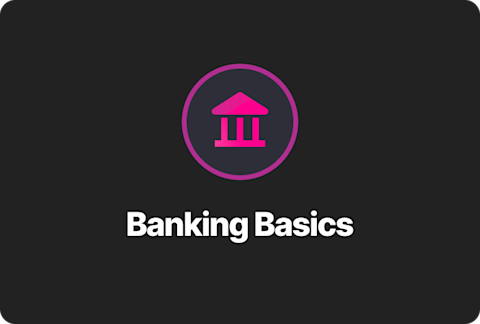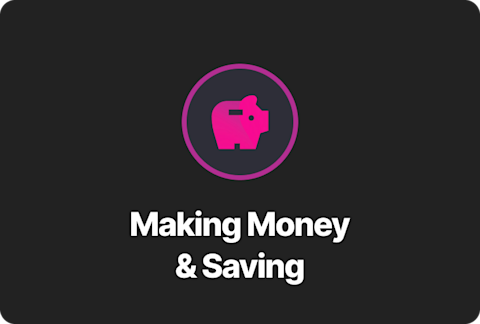Spilling the Tea on All Things VC

Last month, Step raised $100 million in Series C funding from celebrity backers like Jared Leto, The Chainsmokers and Will Smith. 🎊
And, if you’re big on #FinTok, you might have also caught recent headlines about Serena Williams and Jay-Z investing $19 million in a new NFT platform or heard about the launch of Step partner, Josh Richards, very own VC firm. 👀
Either way, if all this recent hype has left you wondering what the heck venture capital is, don’t worry. We’re about to spill ALL the tea! 🙌
Okay, tell me.

Venture capital is a special type of financing that is given to promising young companies (startups) in exchange for a stake of ownership (equity) in the business.
Think of it like this.

You want to start your own Etsy shop but need your parents to kick in the startup costs (which is $100). They agree to fund your business in exchange for a 10% ownership stake. At the end of your first month in business, let’s say you’ve made $2,000. Their 10% payout would be $200, meaning they’ve already made a $100 profit from the investment.
Traditionally, the investments made by venture capitalists are in the millions as these companies are creating entirely new categories of products and services (👋 Amazon, Netflix and Uber), which require large amounts of money. As a result, these investors typically receive one large payout once the terms of their years-long agreement ends.
Let’s take Netflix for example.

When the company first came onto the scene, their goal was to create an easier way to rent movies - getting them delivered right to your door instead of having to go into a physical store (remember Blockbuster 🤔).
Eventually, Netflix would also be the first to introduce the concept of instant streaming as we know it today (crazy, right?!). To help grow and develop a company such as Netflix, the founders needed money, and lots of it...much more than a small business loan from the bank.
The value of venture capital funding.

This is where venture capital funding comes in. Large financial institutions and private investors agree to give startups millions of dollars so they can hire the best people and secure all the tools they need to build game-changing products and experiences.
In return, these investors are given a stake of ownership in the company. This means that as the company grows, their stake also grows. If the company does well over time, this amounts to much more (often growing in value from millions to billions).
Reader’s note: This is the biggest difference between bank loans and venture capital funding. You are essentially betting on the success of the company. If it fails, the bank will still make a small profit on the loan regardless (through interest), whereas venture capitalists are positioned to make a lot of money if the company does well but also run the risk of losing a lot of money if things don’t pan out. This is why investors only put their money in companies they REALLY believe in (like Step!).
In the case of Netflix, early investors made a massive fortune from the company’s success. 🤑
We hope you enjoyed this article. In the meantime, if you have any grand plans to start your own business, check out Step’s complete guide to entrepreneurship!








